Future-Proofing Finances: Retirement Planning Tips Every Veteran Should Know
5/1/20242 min read


Planning for retirement is an essential step for veterans transitioning to civilian life, especially since military service often provides unique financial benefits and retirement structures. Here are some retirement planning tips to help veterans secure long-term financial stability:
1. Maximize Your Military Pension Benefits
Veterans with a qualifying service record can rely on military pensions as a foundational piece of their retirement. Consider options such as the Blended Retirement System (BRS), which combines a defined benefit with contributions to the Thrift Savings Plan (TSP). For those eligible for the TSP, maximizing contributions can provide significant compounding benefits.
2. Contribute Early to the Thrift Savings Plan (TSP) or Other Retirement Accounts
The TSP offers low-cost investment options similar to a civilian 401(k). Contributing consistently and taking advantage of employer matching, if available, can yield long-term growth. Veterans should also consider Individual Retirement Accounts (IRAs), which allow for tax-deferred or tax-free growth depending on the type (Traditional or Roth) selected.
3. Review VA Disability Benefits and Healthcare Options
Veterans with service-connected disabilities may be eligible for VA disability benefits, which can provide a steady income stream and, importantly, healthcare coverage. Understanding eligibility and applying for these benefits is essential, as healthcare expenses are often one of the most significant costs in retirement.
4. Develop a Healthcare Savings Strategy
Planning for healthcare costs is essential, especially if you’re not covered under VA healthcare or expect to incur private healthcare expenses. Setting aside funds in a Health Savings Account (HSA) or budgeting for Medicare premiums as you near retirement age can prevent unexpected costs from disrupting your retirement plan.
5. Diversify Income Streams
Many veterans pursue “encore” careers or invest in side ventures post-service. Consider income streams like rental property, a part-time civilian job, or dividend-producing investments. This approach adds flexibility and can cushion your finances during market downturns or unexpected expenses.
6. Seek Financial Planning Assistance
Many financial advisors specialize in military and veteran retirement planning and can help you navigate benefits, taxes, and investment options. The Department of Veterans Affairs and various veteran organizations offer free financial education resources and can connect you with financial advisors familiar with military benefits.
7. Stay Informed About Tax Benefits and Credits
Some states offer tax breaks for veterans, such as exclusions on military retirement pay or property tax relief. Understanding these benefits can help reduce taxable income, allowing more of your savings to go toward retirement goals.
By taking these steps, veterans can effectively “future-proof” their finances, ensuring a more secure and fulfilling retirement. Starting early, leveraging military benefits, and seeking professional guidance are key to building a sustainable retirement strategy that aligns with your goals.

Headquarters:
980 9th Street, #780, Sacramento, CA 95814
916-604-8067
info@legacyveterans.org


Los Angeles Office
1100 Glendon Ave, #580, Los Angeles, CA 90024
213-260-1719
Houston Office:
11757 Katy Fwy, #990, Houston, TX 77079
713-832-1350
